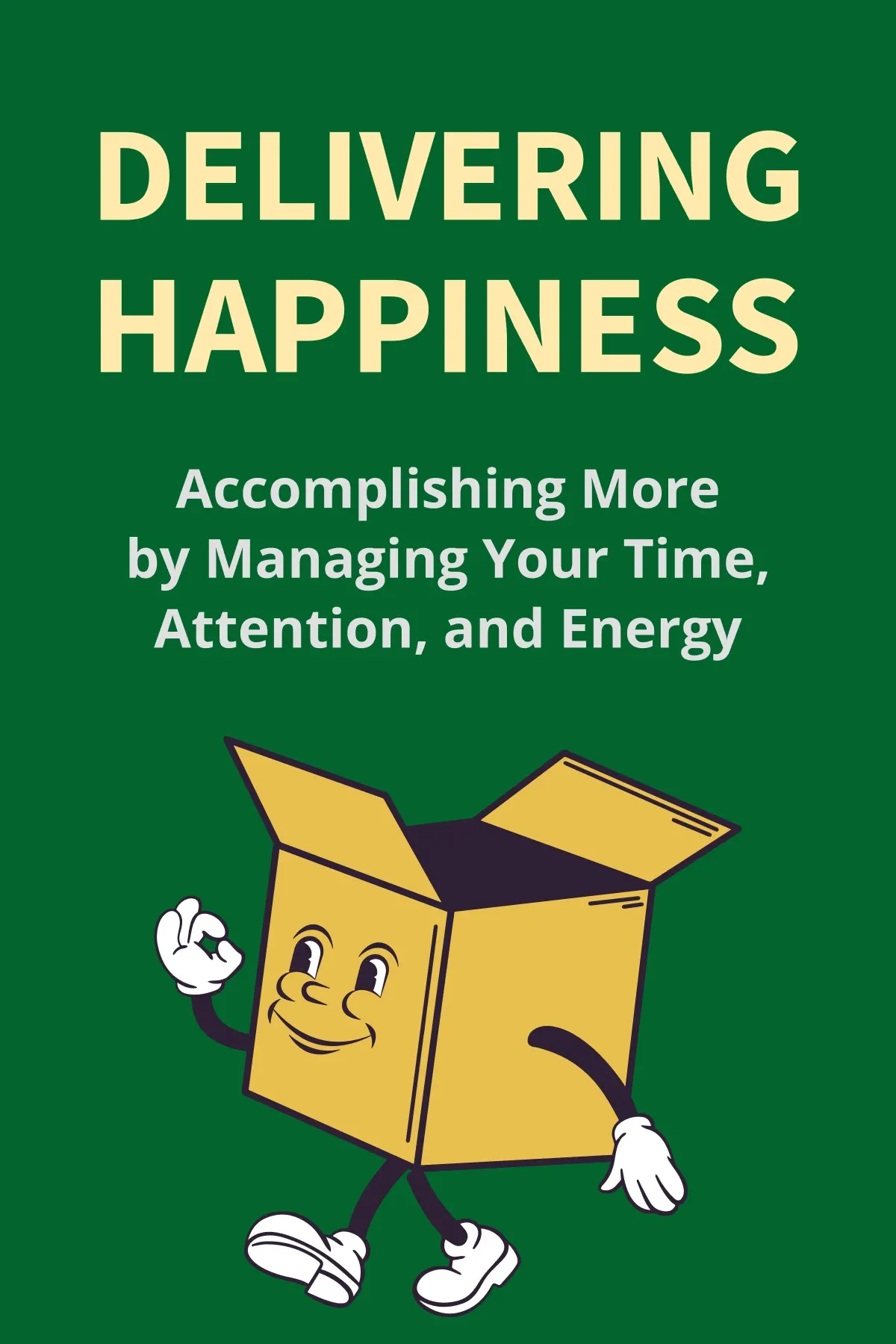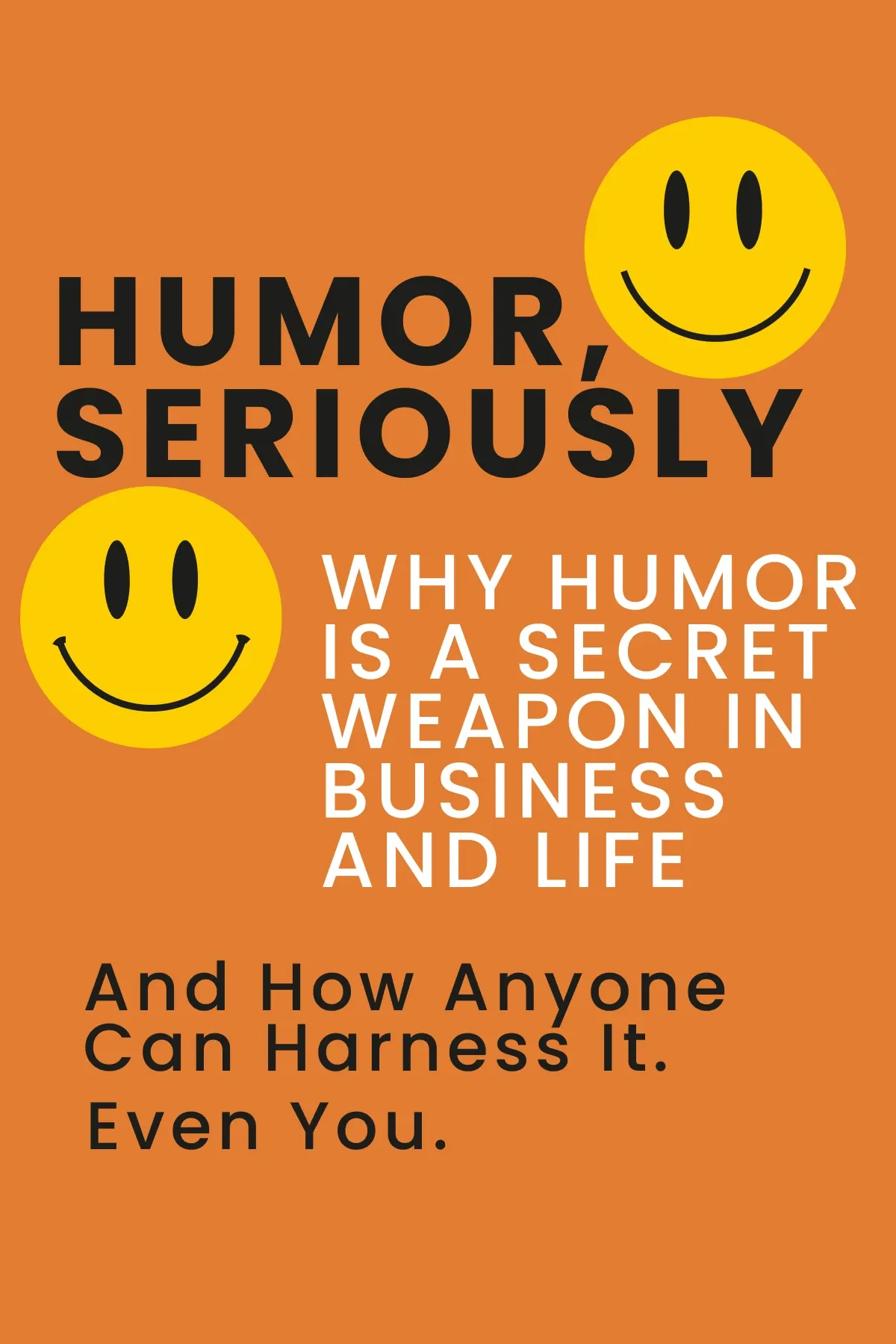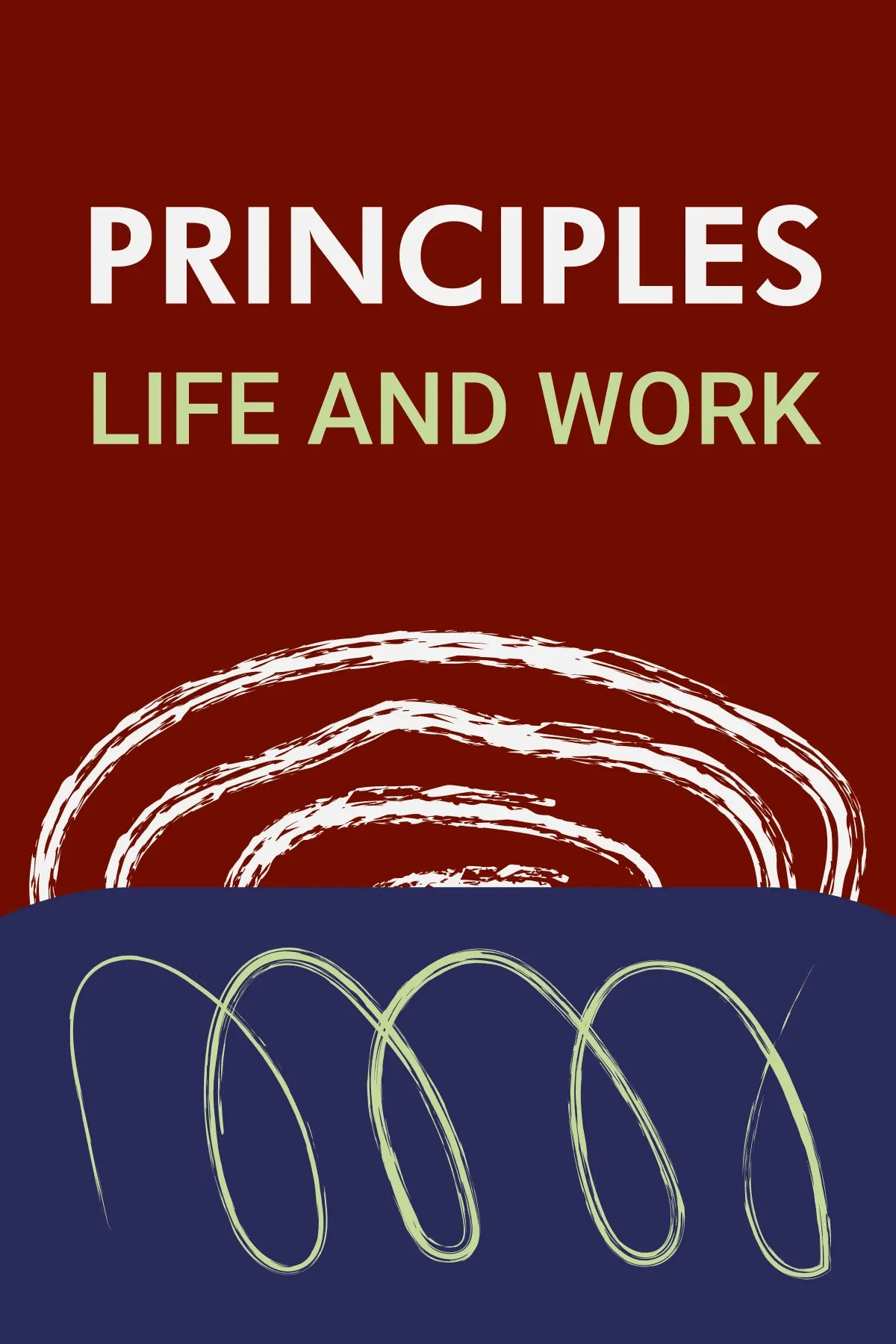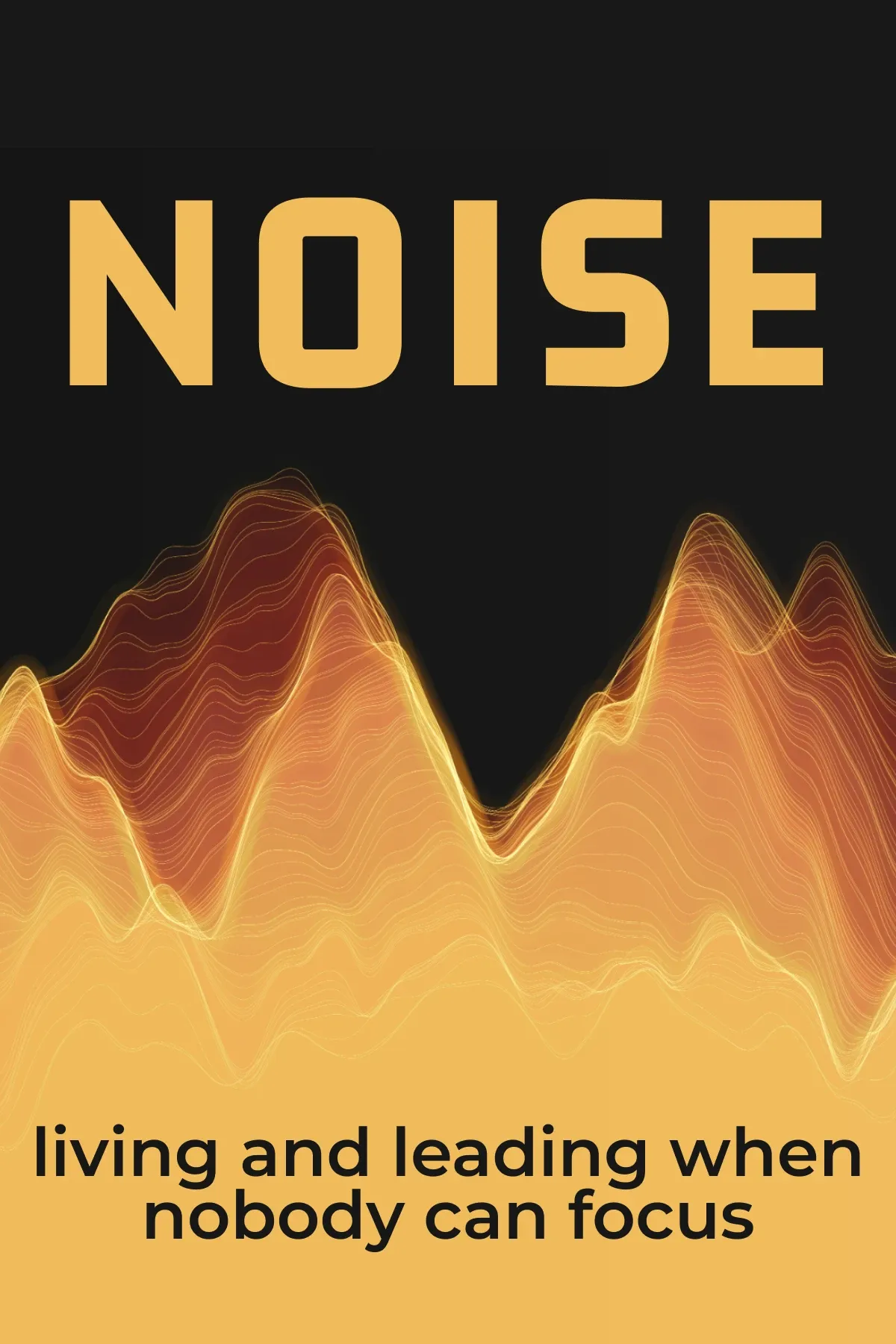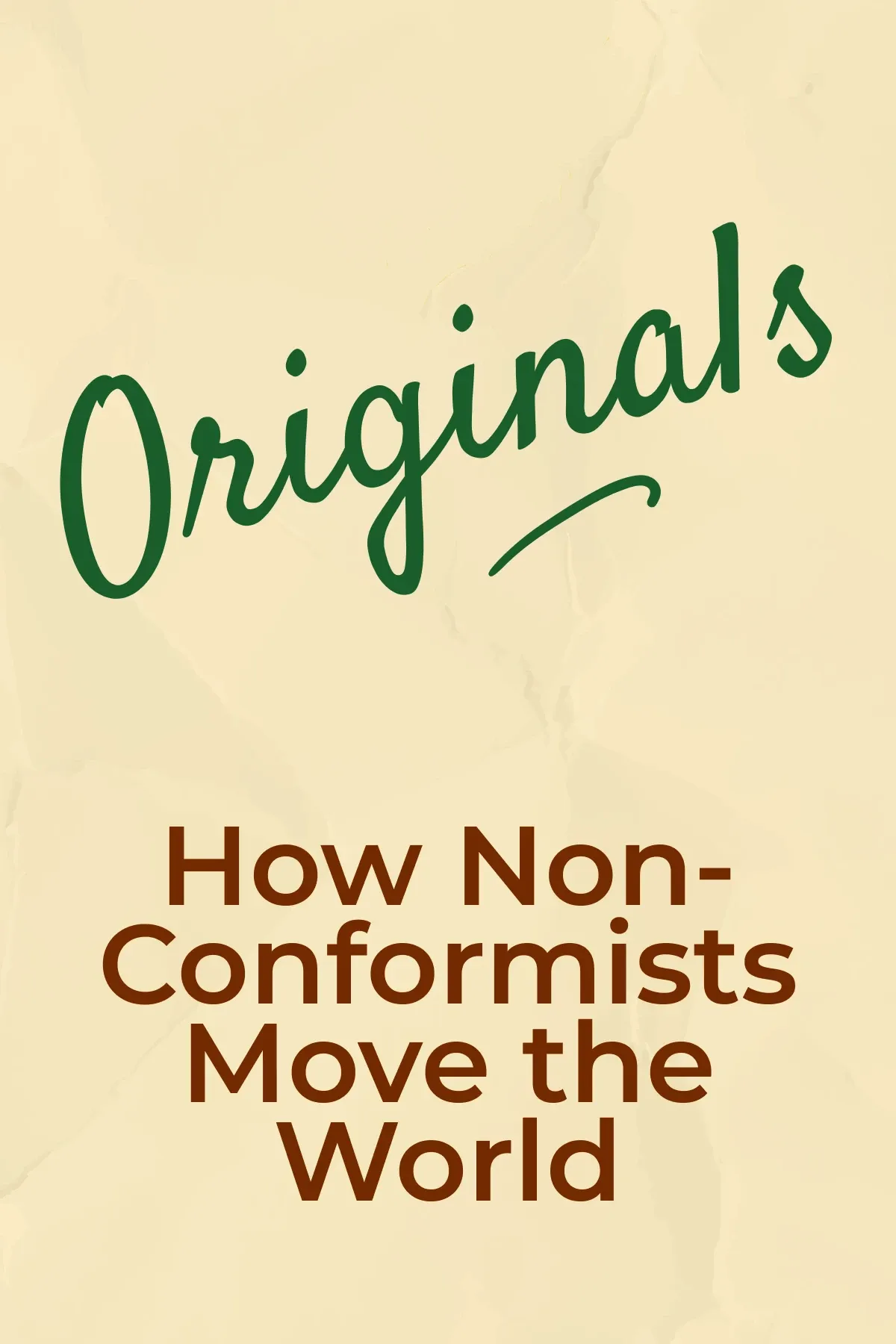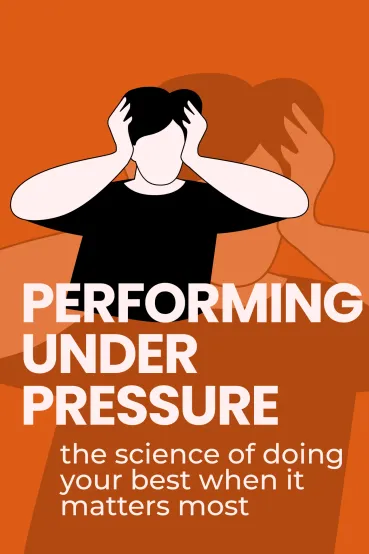
Performing Under Pressure
Brief Summary
“Performing Under Pressure” explores the intricate dynamics of human response in high-pressure scenarios. Through psychological insights and pragmatic strategies, the book presents a multifaceted approach to harnessing one's mental and emotional resources.
Key points
Key idea 1 of 7
In our daily lives, we often confuse stress with pressure. However, they are pretty different. Harvard Business School professor Teresa Amabile made an intriguing discovery. She found that under pressure, creativity tends to take a backseat.
Now, picture this: you're a chef in a cooking competition. The clock is ticking, and the audience is watching. This is a perfect example of pressure. You might whip up a dish, but will it be your most creative? Probably not. Let's jump back to the days of early humans. Picture them hunting for food or trying to escape from wild animals. The concept of pressure originated from a specific situation — survival depended on it.
Fast forward to today. We no longer have “wild animals", but deal with back-to-back meetings. Similarly, “hunting” has transformed into meeting deadlines. Stress creeps in when you've got too much on your plate and not enough time or energy to handle it. It's like juggling too many balls in the air.
But there's a twist. Stress is about managing multiple demands. On the other hand, pressure is about the weight of a single significant task. It's like a soccer player taking a penalty kick; the whole game doesn't hinge on it, but it feels like it does. You're focused on one big goal, and the stakes feel sky-high.
So, dealing with stress is about cutting down the juggling balls. Focus on one task at a time. For pressure, it's about keeping your eye on the goal. Take marathon runners: they're thinking not about every step but about crossing the finish line.
In relationships, pressure can strain things, too. Imagine a couple arguing about finances. It's not the daily stresses that cause the issue. Instead, the pressure of a single, heavy topic can cause a rift. Stress is more about the constant little things. These might include who left the dishes unwashed or forgot to take out the trash.
Understanding the difference between stress and pressure is vital to tackling them. It's like knowing whether to use a hammer or a screwdriver – both are useful, but only if you use them for the right job.
FAQ
You may also like these summaries



